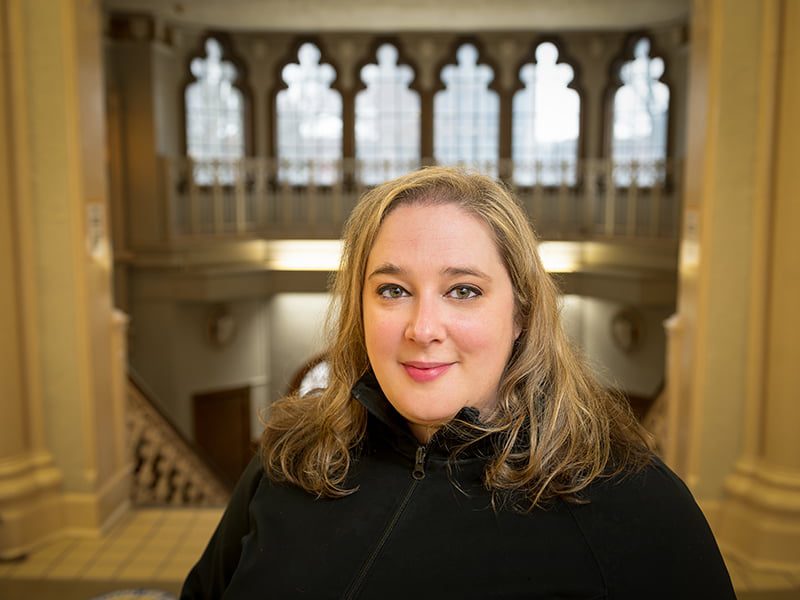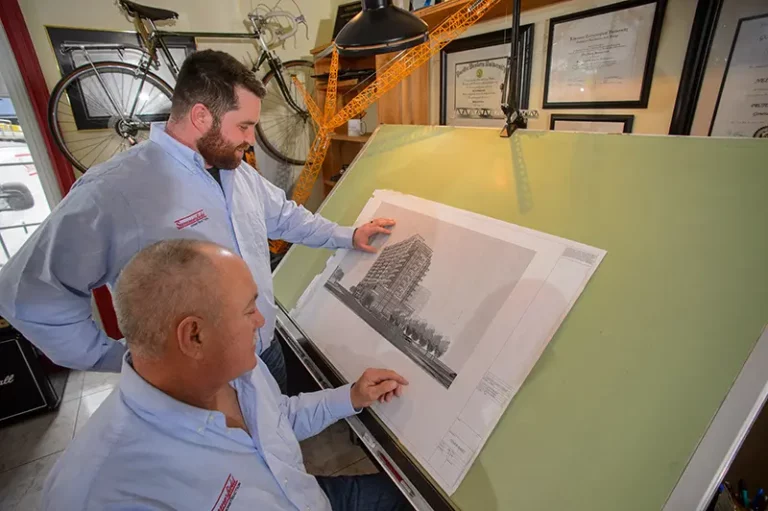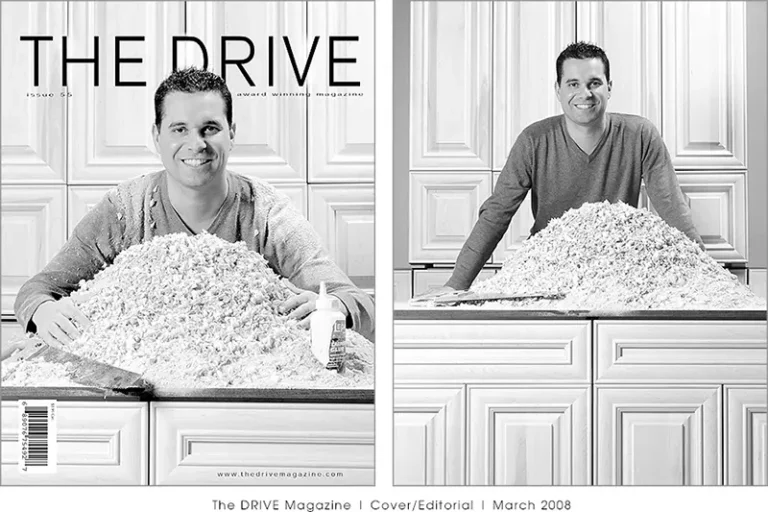
Years of misdiagnosis. Stigma. Depression. Disordered eating. For women living with Polycystic Ovary Syndrome, the road to understanding their condition can be riddled with frustration and chronic health issues.
While Polycystic Ovary Syndrome (PCOS) affects one in ten women, there is shockingly little research on the subject and minimal resources for those seeking support with long-term management.
The Health Experiences and Longevity (HEAL) Lab at the University of Windsor is working to change all that.
Directed by Dr. Kendall Soucie in the Department of Psychology, the lab studies the social, cultural, and institutional determinants of women’s health and chronic illness diagnosis and management, particularly within the context of Polycystic Ovary Syndrome.
“I think this research is overdue in terms of understanding what it’s like to live with this condition every day,” says Dr. Soucie. “Millions of Canadian women have it, yet it’s the most under recognized and underfunded syndrome.”
PCOS is the most common endocrine disorder for women of reproductive age. Symptoms include infrequent, prolonged or abnormally heavy menstrual cycles and elevated levels of male hormones that can result in excess facial and body hair, severe acne, and male-pattern baldness. If left unmanaged, the condition can worsen over time and lead to serious complications including: Type 2 diabetes, cardiovascular disease, and an increased risk of uterine cancer, infertility, depression, and eating disorders.
Soucie shares that it was her own personal experiences that initially drove her to dig deeper into the subject of women’s health and why so many are dismissed or misdiagnosed.
“When I was in my mid-20s, I started to get a lot of weird symptoms. I was experiencing rapid weight gain and I was super tired; I felt dizzy all the time and had no energy. My skin changed colour in spots,” she explains. “I went to my family doctor and was basically dismissed and told to lose weight and I’d feel better.”
Discouraged and seeing no improvement in her symptoms, Soucie eventually took advantage of the American healthcare coverage she had through her teaching position at Wayne State University. After numerous tests and appointments with allergists, internists, and endocrinologists, she was diagnosed with PCOS.
“It basically explained all my symptoms,” she says.
After Dr. Soucie received her diagnosis, she began touching on PCOS in some of her lectures at Wayne State and the University of Windsor.
“I’d be teaching a Child Development course and would talk about women’s health just to test the waters and see if anybody knew anything about these conditions,” she says. “Students would come up to me after and say, ‘I have PCOS and you’re the only person that has ever explained this to me. I had these horrible experiences in healthcare and nobody listened to me. I still don’t know how to manage my condition.’”
Soucie began to delve into scientific literature to see if anyone had written anything on the subject.
“After reading a few journal articles, I noticed it was all really biomedical and the focus was mainly on restoring fertility,” she recounts, noting that she also found a few papers on negative health care experiences and women experiencing misdiagnosis or diagnosis delay.
“On average, it took at least five years to get a diagnosis and the women experienced frustrating, rushed appointments with providers. They were belittled and told to lose weight or to come back when they wanted to get pregnant,” she says. “It was pretty consistent with what I was hearing from my students.”
It was then that Soucie decided to conduct her own study, applying for a small women’s research grant through the University of Windsor. After putting out a call for study participants through the newspaper and social media, Soucie’s inbox and voicemail filled up quickly, with over 200 applicants ultimately applying.
From 2017 to 2019, Soucie and her student research team were able to interview 75 women. Participants charted a diagnostic timeline and reflected on their diagnosis journeys. The study is part of a long-term research agenda to better understand the reason behind lengthy diagnosis and the impact these lags have on women’s quality of life.
“I feel like many people have health experiences that shape their lives, yet they don’t get the opportunity to talk about them,” says Jasmine Kobrosli, H.E.A.L Lab Coordinator and fourth year undergraduate student. “This has allowed us to help people feel connected and give them a platform to share their experiences.”
Though their continued work, Soucie and her team hope to change the conversation and help women of all backgrounds get the most out of their healthcare experience.
“We need to expand research to look at lived experiences in terms of gender diversity, ethnicity, age; all of these things are so important,” she says. “So often in medicine, you’re just your chart. We need to humanize the experience of living with a chronic health condition and amplify voices that have historically been left out of the conversation like women, trans, and non-binary people. That’s part of what we’re trying to do in our lab.”
The team is also currently exploring links between PCOS and Intimate Partner Violence (IPV), as well as medical gas lighting; a term used to describe when a healthcare provider refuses tests and tells a person what they’re experiencing isn’t real. The lab’s plan is to build a comprehensive understanding of why it happens and how to fight back against it through self-advocacy and healthcare reform.
“The fact that The H.E.A.L Lab is one of the only research labs in Canada exploring these issues is alarming, but also why I joined,” says Kenzie Tapp, Lab Coordinator and first year Clinical Psychology graduate student. “We’re doing the work that needs to be out there, and we’re doing it in new and innovative ways. I feel like we’re the voice that I always needed in my diagnostic journey.”
For more information on The H.E.A.L Lab and resources on PCOS, log on to www.healuwindsor.com or follow them on Facebook and Instagram (@theheallab)



